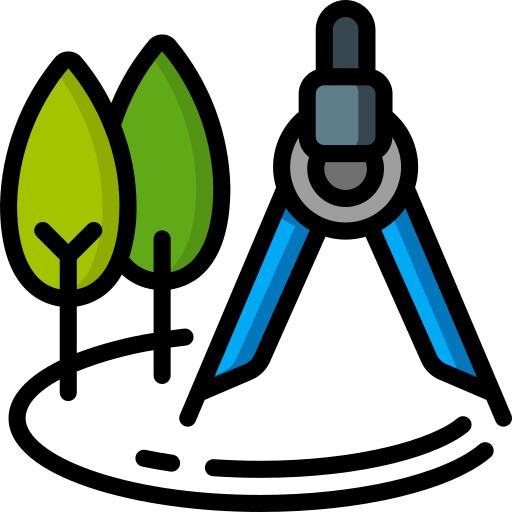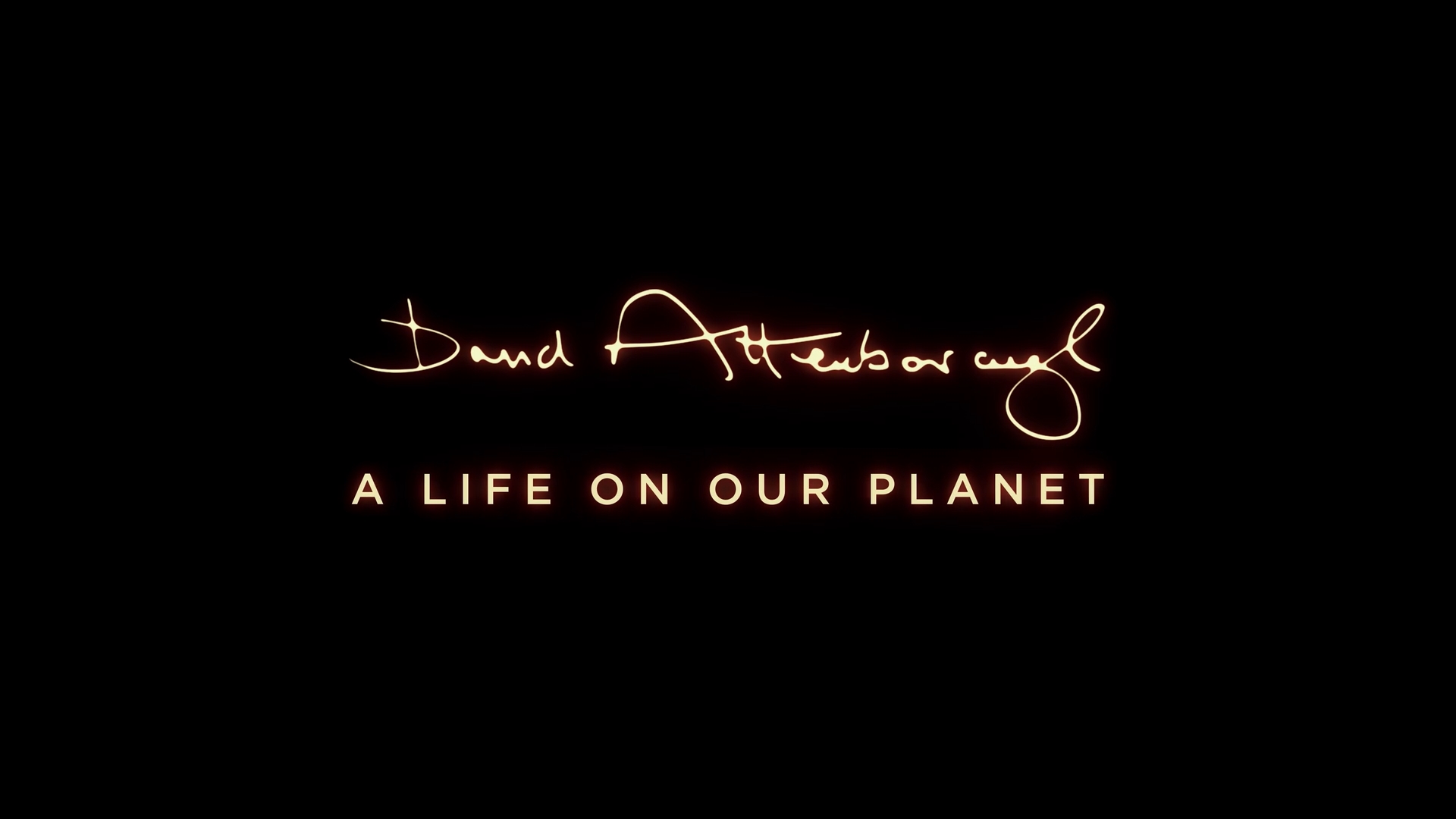Undoubtedly, among the creatures that have seen our planet the most are the blue whales swimming in the deep oceans, or the migratory birds that travel thousands of kilometers filling the endless sky with their constant flight, or the myriad creatures of the dense rainforests, or the unknown fish of the deep ocean or the serpents of the river. But this great pride is attributed to one person, the passion for exploring and enjoying our blue planet, whose enthusiasm and devotion remains unparalleled in his almost 98-year-old young self, our superman and living legend Sir David Attenborough.
“A Life on Our Planet,” presented by Sir David Attenborough, is a unique feature documentary that serves as both a reflection on Attenborough’s life and a dire warning about the state of the planet. It came out in 2020 as his witness statement after 93 years of his life, reviewed an IMDb rating of a whopping 8.9/10, which is a 10/10 for me. the IMDb stated summary is this – ‘One man has seen more of the natural world than any other. This unique feature documentary is his witness statement. In his 93 years, David Attenborough has visited every continent on the globe, exploring the wild places of our planet and documenting the living world in all its variety and wonder. Now, for the first time, he reflects upon both the defining moments of his lifetime as a naturalist and the devastating changes he has seen. Honest, revealing and urgent, DAVID ATTENBOROUGH: A LIFE ON OUR PLANET is a powerful first-hand account of humanity’s impact on nature and a message of hope for future generations. Created by award-winning natural history filmmakers Silverback Films and global conservation organization WWF, the film is Directed by Alastair Fothergill, Jonnie Hughes and Keith Scholey and Executive Produced by Colin Butfield. Celebrated British naturalist Sir David Attenborough has a broadcasting career spanning over eight decades. He has visited every continent on the globe, exploring the wild places of our planet and bringing the wonders of the living world to audiences worldwide through groundbreaking natural history series. His work includes Life on Earth, Planet Earth and more recently the Netflix original documentary series Our Planet.’
The film begins with Attenborough reflecting on his childhood fascination with nature and his early experiences exploring the natural world. Fascinatingly, he chose the ghosted Ukrainian city of Pripyat (deserted after the nuclear disaster at Chernobyl, in 1986) to accommodate the current situation and draw in conclusion. His documentary career began in the 1950s on the BBC with the advent of television and began his journey toward the unknown, in his words: “I am one of the few remaining witnesses to a time when the world was largely untouched by humankind.”. As Attenborough got older, his fascination with the natural world gradually changed to concern. According to him: “I’ve had the most extraordinary life. It’s only now that I appreciate how extraordinary.” Attenborough demonstrated the delicate balance within the ecosystems, wildlife and biodiversity on the planet in an incredibly spellbinding manner. Plants and Animals sustain each other. The greatest ever threat to this balance and bio-diversity is human civilization and If the natural balance should fail, humanity won’t be able to survive. Earth’s history has been of very slow gradual changes and major extinction events, five of which have happened over the planet’s 4-billion-year existence. In the recent Holocene period, lasting over 10,000 years, the average temperature has remained fairly stable, thanks to forests and phytoplankton trapping carbon. Animals help enrich the soil and equatorial jungles store the sun’s energy while adding moisture and oxygen. Polar ice reflects sunlight, keeping the Earth cool, ensuring reliable seasons and monsoons bring life-giving rains to the land. The Holocene allowed humans to thrive.
Fast forward to 2020, 7.8 Bn people now inhabit Earth with 415 ppm of carbon in the atmosphere and 35% remaining wilderness. Three Trillion trees have been cut down across the world and more than Half of the rain-forests are already lost. Open oceans were untouched by human presence. But now fishing fleets are easily able to locate the hot spots where the fish gather to get nutrients and converge on them and 90% of the large fish have been removed from the sea since the 1950’s. without them, the nutrients are lost to the depths for centuries and the oceans start to die. Coral reefs turned white, as the algae died. Seaweed takes over and the reefs turn into wasteland. The ocean is also getting warmer. Till the 90’s the oceans kept the temp stable by acting as a heat sink and now the balance is being lost. Summer sea ice in the Arctic reduced by 40% in 40 years. half of the fertile land is now farmland. Freshwater has been reduced by 80%. 70% of the birds are domesticated. Humans are 1/3 of the weight of mammals on the planet. 60% of animals are raised to eat. The rest is only 4%. Attenborough gives an impression of what could happen to the planet over the course of a lifetime beginning in 2020 if human activity is to continue unchanged – the Amazon rain-forest could degrade into a savanna (losing its ability to produce moisture and altering the global water cycle); the Arctic could lose all ice during summer (sunlight is not reflected back and global warming increases) (Frozen grounds thaw, releasing methane and making climate change worse); coral reefs could die; soil overuse could cause food crises. These irreversible events would cause mass extinction (as the planet becomes 4 degrees warmer by the 2100s) and exacerbate climate change further. Quoting him: “We are facing a man-made disaster of global scale. Our greatest threat in thousands of years: climate change.”
In 1968, Sir David Attenborough was in a television studio observing the live Apollo mission. In his captivating words, he summarised – it was the first time ever any human being had traveled far enough to capture and telecast live the whole of planet Earth, isolated and vulnerable, drifting within an endless universe with nothing but us to save ourselves.
According to Sir David, the solution has been “staring us in the face all along. To restore stability to our planet, we must restore its biodiversity. The very thing that we’ve removed.” He laid out a detailed action plan that could prevent the adverse effects and combat climate change and biodiversity loss, in his wise understanding all is not lost yet, the damage itself still remains reversible. In the end, to quote him – “Nature is our biggest ally and our greatest teacher. We just need to listen.”


